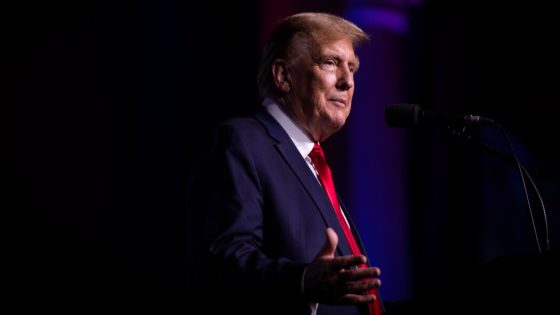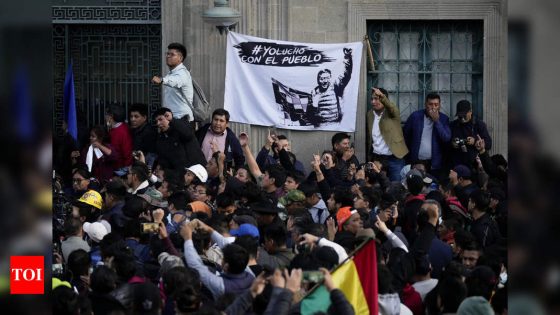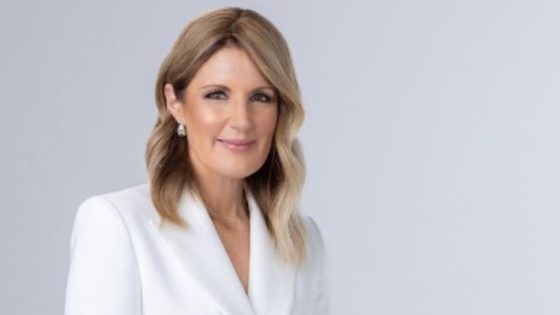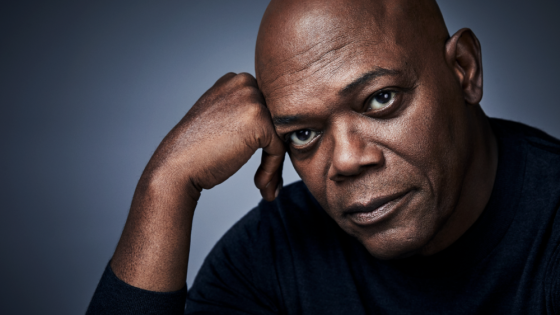Former President Donald J. Trump urged the Supreme Court on Tuesday to rule that he is absolutely immune from criminal charges stemming from his attempts to subvert the 2020 election.
“The president cannot function, and the presidency itself cannot retain its vital independence,” the brief said, “if the president faces criminal prosecution for official acts once he leaves office.”
The brief, Mr. Trump’s main submission to the justices before the case is argued on April 25, continued to press an expansive understanding of presidential immunity, one that it said was required by the very structure of the Constitution.
“The question of a former president’s criminal immunity presents grave constitutional questions that strike at the heart of the separation of power,” the brief said.
Legal experts said Mr. Trump was unlikely to prevail but added that how and when the court rejects his arguments will effectively determine whether and when Mr. Trump’s trial, which had been scheduled to start March 4, will proceed.
When the Supreme Court agreed to hear the case last month, it set what it called an expedited schedule. But it was not particularly fast, culminating in oral arguments some seven weeks later, on April 25. That delay represented a significant partial victory for Mr. Trump.
Even if the court then moves with considerable speed and issues a categorical decision against Mr. Trump within a month, the trial would most likely not start until at least the fall, well into the heart of the presidential campaign. If the court does not rule until late June or sends the case back to the lower courts for further consideration of the scope of any immunity, the trial might not take place until after the election.
If Mr. Trump prevails in the election, he could order the Justice Department to drop the charges.
When the Supreme Court agreed to hear the case, it said it would decide this question: “Whether and if so to what extent does a former president enjoy presidential immunity from criminal prosecution for conduct alleged to involve official acts during his tenure in office.”
That sentence has been closely scrutinized. On the one hand, it seemed to exclude from consideration Mr. Trump’s argument that his acquittal at his second impeachment trial, on charges that he incited insurrection, blocked any prosecution on similar charges. (Fifty-seven senators voted against him, 10 shy of the two-thirds majority needed to convict.)
On the other hand, it appeared to leave open the possibility that the court might draw distinctions — or ask lower courts to — between official acts and private ones.
Mr. Trump’s brief was sharply critical of a ruling from a three-judge panel of the U.S. Court of Appeals for the District of Columbia Circuit, which unanimously rejected his argument that he may not be prosecuted for actions he took while in office.
The appeals court panel, made up of one Republican appointee and two Democratic ones, said Mr. Trump became an ordinary citizen in the eyes of criminal law after leaving office.
“For the purpose of this criminal case, former President Trump has become citizen Trump, with all of the defenses of any other criminal defendant,” the panel wrote. “But any executive immunity that may have protected him while he served as president no longer protects him against this prosecution.”
When the case was argued in the appeals court, a lawyer for Mr. Trump argued that former presidents are absolutely immune from prosecution even for murders they ordered while in office.
In the new brief, Mr. Trump’s lawyers said the court should be wary of endorsing prosecutions of former presidents. “Criminal prosecution presents a mortal threat to the presidency’s independence,” they wrote, adding that a contrary ruling could lead to the prosecution of President Biden.
“Is President Biden destroying our southern border and undermining our national security abroad for unlawful electoral purposes?” the brief asked.
Jack Smith, the special counsel prosecuting Mr. Trump, took issue with his arguments in a brief filed in an earlier phase of the proceedings, citing his efforts to subvert democracy.
If Mr. Trump’s “radical claim were accepted,” Mr. Smith wrote, “it would upend understandings about presidential accountability that have prevailed throughout history while undermining democracy and the rule of law — particularly where, as here, a former president is alleged to have committed crimes to remain in office despite losing an election, thereby seeking to subvert constitutional procedures for transferring power and to disenfranchise millions of voters.”
Mr. Smith added that there was no reason to fear tit-for-tat prosecutions that would chill other presidents from taking decisive action.
“That dystopian vision runs contrary to the checks and balances built into our institutions and the framework of the Constitution,” Mr. Smith wrote.
Source Agencies




